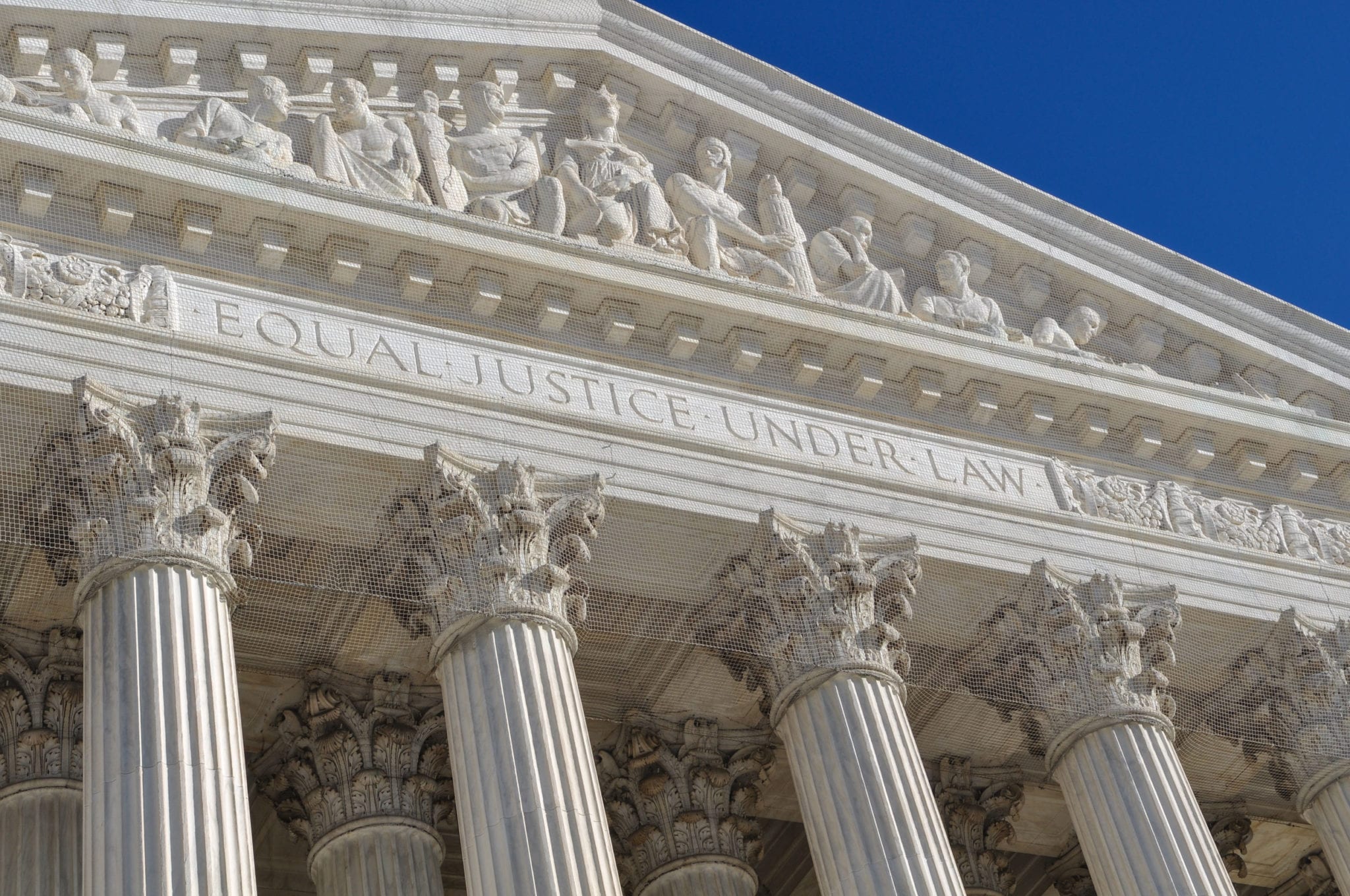
All 50 states, the District of Columbia, U.S. Territories, and recognized Native American tribes must maintain sex offender registries.
According to the National Center for Missing and Exploited Children (NCMEC), there were 859,500 registered sex offenders in the United States at the end of 2016. Some 100,000 reside in the State of Texas.
Thousands of these registered sex offenders (RSOs) were required to register for crimes committed before the passage of SORNA in 2006—the federal Sex Offender Registration and Notification Act.
The Supreme Court will soon decide whether SORNA can be applied to this class of registered sex offenders (RSOs).
Texas got into the sex offender registration business in 1991 with a law that applied to certain sex offenders. According to the Austin Statesman, the legislature passed another law two years later requiring the registration of sex offenders who received deferred adjudications. These laws applied only to offenders convicted after passage of the laws.
Not finished, the legislature in 1997 passed yet another law extending registration for sex offenders whose convictions reached all the way back to 1970.
In 2005, the legislature expanded its registration requiring every qualifying sex offender to register. The Statesman reported last month that this law has forced the Texas Department of Public Safety, which maintains the state’s sex offender registry, to double the number of employees who manage the registry and has seen the registry’s budget quadruple.
The retroactivity of sex offender registration is a heated issue.
The Washington Post reported on October 8, 2018 that the Texas Supreme Court will soon decide whether the state’s sex offender registration laws can be retroactively applied to 2,800 RSOs who have completed terms of probation that did not require them to register.
In 2003, the U.S. Supreme Court held that because a sex offender registration law in Alaska was non-punitive, it did not violate the Ex Post Facto provisions of the U.S. Constitution to apply it retroactively.
In 2016, the Sixth Circuit Court of Appeals, however, ruled that sex offender registration laws passed in 2006 and 2011 that required the registration of sex offenders whose convictions occurred before the passage of the laws were unconstitutional. That court held that the government cannot be allowed to punish individuals without notice. The state sought certiorari review before U.S. Supreme Court. The Court opened its 2017 term by allowing the Sixth Circuit decision to stand.
The issue currently before the Supreme Court in Gundy v. United States is whether SORNA is an unconstitutional delegation Congress’s lawmaking powers by allowing the Attorney General to apply SORNA to offenders before the law was enacted.

SORNA Explained
This post will explain SORNA and how Gundy could have significant ramifications not only for those accused of sex crimes but how far federal powers can be extended by Congress.
The U.S. Congress established SORNA as a national registration requirement for individuals convicted of sex crimes. SORNA was enacted to protect public safety through tracking and monitoring sex offenders in local communities. Offenders are required to provide their name, location, and photo for use on the sex offender website. Certain states require additional registry information.
All 50 states, the District of Columbia, US territories, and federally recognized Native American tribes are required to follow federal guidelines for reporting within specific time frames. Most offenders are required to register annually for a 10-year period following their conviction or release from prison. Some offenders deemed to be more dangerous are required to register quarterly for life.
SORNA currently applies to individuals convicted of the following crimes:
- Sexual acts of penetration, touching, or making contact with another person without their consent
- Certain sex crimes against minors
- Certain sex crimes that are classified as military offenses
- Attempts and conspiracies involving sex crimes
- Federal sex crimes, including sex trafficking or exploitation of children, child pornography, and internet-based sex crimes
Those who must register as sex offenders are required to make timely updates to residence information and have regular in-person appearances at local law enforcement jurisdictions. Individuals must register within the jurisdiction where the crime occurred, plus every other jurisdiction in which they live, work, or study. Individuals who fail to register or update their information according to guidelines will be subject to federal penalties.

Why the Supreme Court Is Looking at SORNA – and What It Might Mean
The Supreme Court has heard matters related to SORNA in the past. In fact, in 2012, the Supreme Court heard a case that challenged the constitutionality of SORNA for pre-SORNA offenders. That issue was about whether the attorney general could redelegate cases back to circuit courts, since Congress cannot transfer its legislative power to other branches of government.
The Gundy case specifically involves whether SORNA applies to individuals convicted of sex crimes prior to SORNA’S 2006 passage. The current language of SORNA allows the U.S. Attorney General to decide its applicability to those convicted before the law was enacted.
If the courts invalidate SORNA’s delegation standard, many of the 4,000 sex offenders who have been convicted since 2006 and failed to register could go free. Other pre-SORNA offenders who are currently covered by the attorney general’s guidelines could be in violation of registry requirements if changes are made to the law.
Perhaps most importantly, though, the court’s decision could also set a precedent for how far federal law can reach in general. If the federal reach is expanded by requiring SORNA to apply to cases before it was put into law, challenges could be made to other federal laws. Cases in areas like immigration law, environmental law, tariff and trade laws, and food and drug laws could be raised in regards to the scope of federal power.
In short, it could be a complete game-changer.



